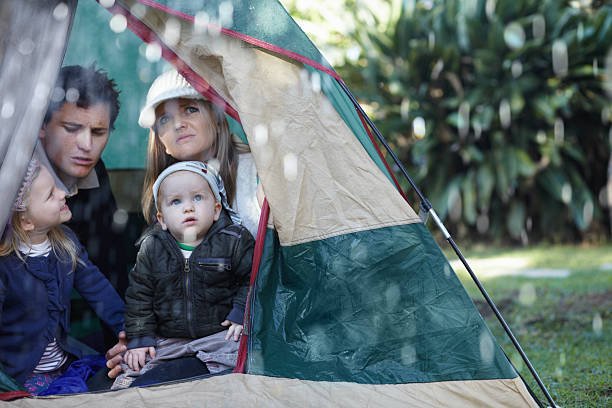Contents
Introduction to Cold weather survival
In this guide, we’ll provide you with essential tips and techniques for surviving in cold weather conditions. Whether you’re an outdoor enthusiast or facing an unexpected winter storm, these strategies will help you stay safe and comfortable.
Understand the Risks:
- Cold weather poses significant risks to health and safety, including frostbite, hypothermia, and dehydration.
- Being prepared and knowing how to respond to cold weather emergencies is crucial for survival.
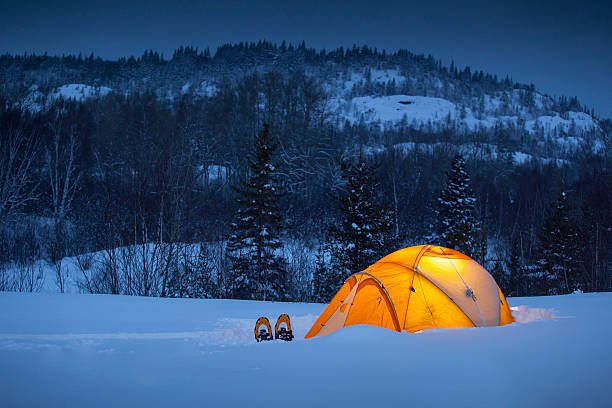
Importance of Preparation:
- Planning and preparation are key to surviving in cold weather.
- Make sure to pack appropriate clothing, gear, and supplies before venturing into cold environments.
Stay Informed:
- Monitor weather forecasts and be aware of changing conditions.
- Stay informed about potential hazards and plan accordingly.
1- Dressing for the Cold
Proper clothing is essential for staying warm and dry in cold weather.
Layering:
- Wear multiple layers of clothing to trap heat and insulate your body.
- Start with a moisture-wicking base layer, followed by insulating layers, and finish with a waterproof and windproof outer layer.
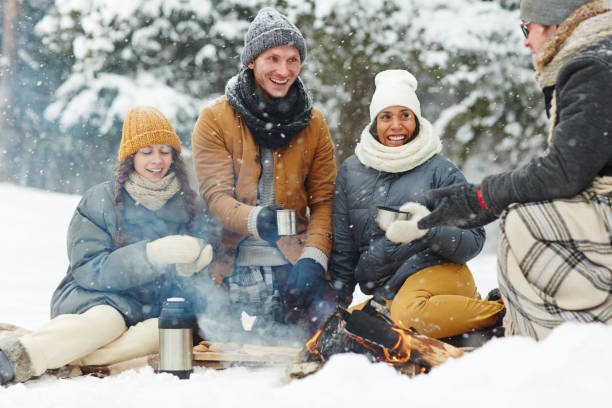
Protect Extremities:
- Don’t forget to cover your head, hands, and feet, as they are susceptible to heat loss.
- Wear insulated gloves, a hat, and waterproof boots to prevent frostbite and hypothermia.
Avoid Overheating:
- Adjust your clothing layers to avoid sweating, as dampness can lead to increased heat loss.
- Remove layers if you start to feel too warm to maintain a comfortable body temperature.
2- Shelter and Fire
Building shelter and starting a fire are essential survival skills in cold weather.
Find Shelter:
- Look for natural shelters such as caves, overhangs, or dense vegetation to protect yourself from wind and precipitation.
- If no natural shelter is available, construct a shelter using available materials like branches, leaves, or snow.
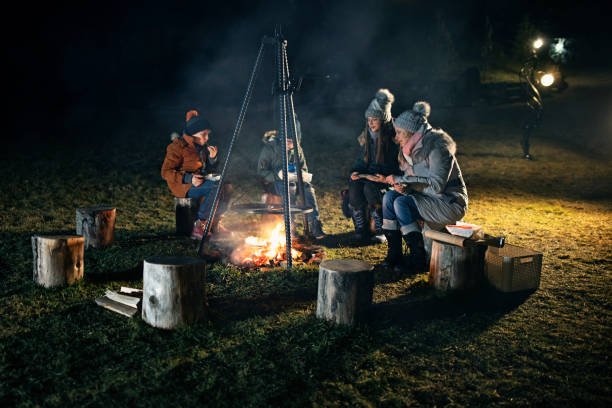
Build a Fire:
- Start a fire for warmth, cooking, and signaling for help if needed.
- Collect dry tinder, kindling, and fuel to sustain the fire, and use appropriate fire-starting techniques such as matches, lighters, or fire starters.
Maintain Fire Safety:
- Keep the fire contained and supervised at all times to prevent accidents or wildfires.
- Ensure proper ventilation and clearance around the fire to avoid smoke inhalation and burns.
3- Food and Hydration
Proper nutrition and hydration are essential for maintaining energy and warmth in cold weather.
Pack High-Energy Foods:
- Choose lightweight and non-perishable foods that are high in calories and nutrients, such as nuts, dried fruits, energy bars, and jerky.
- Aim for a balanced diet to sustain energy levels and support overall health.

Stay Hydrated:
- Drink plenty of fluids, even in cold weather, to prevent dehydration.
- Avoid consuming alcohol, as it can increase heat loss and impair judgment.
Purify Water:
- Ensure that any water from natural sources is purified before consumption to prevent waterborne illnesses.
- Use portable water filters, purification tablets, or boiling methods to make water safe for drinking.
4- Safety Tips
Follow these safety tips to avoid cold-related injuries and emergencies.
Recognize Warning Signs:
- Be aware of symptoms of frostbite and hypothermia, including numbness, tingling, confusion, and uncontrollable shivering.
- Take immediate action if you or someone else exhibits signs of cold-related injuries.

Stay Dry:
- Keep clothing and gear dry to prevent heat loss and hypothermia.
- Change out of wet clothes promptly and seek shelter to dry off if necessary.
Buddy System:
- Whenever possible, travel with a companion and stay together to provide mutual support and assistance.
- Share resources and keep an eye out for signs of cold-related distress in each other.
5- Navigation and Communication
In the event of an emergency, it’s essential to have a means of navigation and communication. Carry a map and compass or GPS device to help you navigate through unfamiliar terrain. Ensure your cell phone is fully charged and pack a portable charger or power bank. Consider bringing a whistle or signal mirror to attract attention in case of emergency.
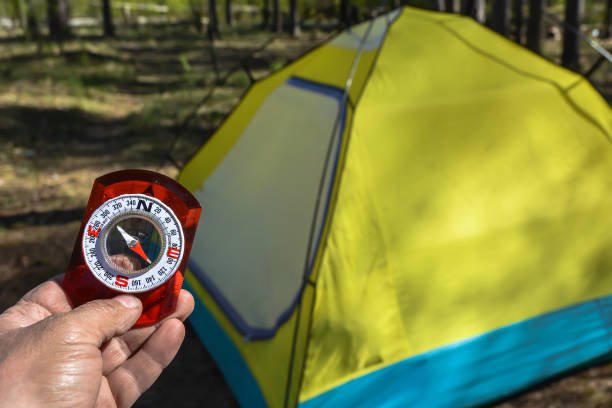
6- Seeking Help
If you find yourself in a dire situation, don’t hesitate to seek help. Signal for assistance using visual or auditory signals such as flares, whistles, or shouting. If possible, stay in one place to make it easier for rescuers to locate you. Remember that hypothermia can impair judgment, so it’s essential to stay calm and focused while awaiting rescue.
Conclusion
Surviving extreme cold requires careful preparation, resourcefulness, and knowledge of survival techniques. By following these essential winter survival tips, you can stay safe and comfortable even in the harshest of conditions. Remember to dress appropriately, protect extremities, stay hydrated and nourished, build shelter, start a fire, navigate effectively, and seek help when needed. With proper planning and vigilance, you can brave the cold with confidence.


